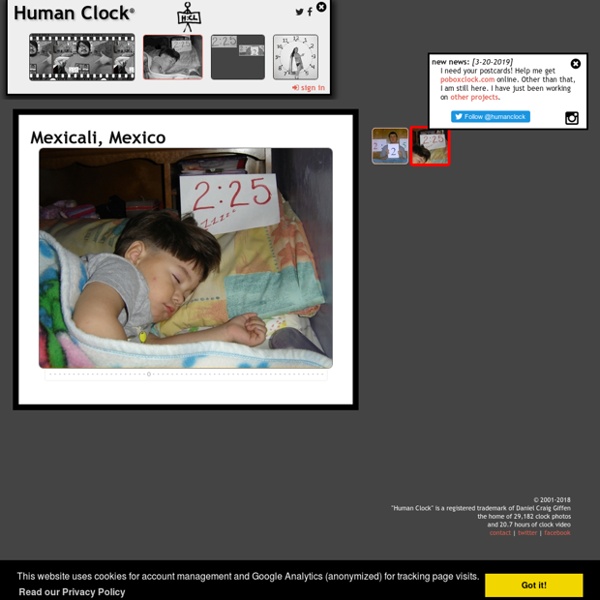



Comptines classiques et karaokés présentées par Zoreil de Toboclic. Promenons-nous dans les bois, Maman les petits bateaux, Sur le pont d'Avignon, À la claire fontaine... Les meilleures musiques pour les enfants de 2 à 5 ans ! pour iPhone, iPod touch et i
- Glossary of Terms Category: Resources Posted by: Aaron and Ken The following definitions are brief, loose, and approximate. But despite these features, they should give readers a decent understanding of what we mean when we use these terms. Is there a term you would like to see here? Click here to send your suggestion! Adaptive system engineering- the general enterprise of engineering a system to be adaptable. Applies, Fails to Apply, or Does not Apply- This is an important distinction in philosophy. Autocatalytic Set- An collection of entities (molecules, people, nations, institutions, whatever) that produces as outputs the same elements which are necessary inputs for expanding the collection. Autopoietic Set- Autopoiesis is the process of dynamics self-maintenance. Building Block- When parts of a collection organize themselves into patterns that we recognize as coherent phenomena then we say that it is an emergent phenomena. Genotype- An organism's genotype is the gene sequence that it carries.
aM laboratory Calendar Generator Description This FREE demonstration of an intelligent system will generate a calendar on-the-fly from a simple algorithm. The printable calendar comes with an attractive graphic image. The Gregorian calendar was proclaimed in A.D. 1582 by Pope Gregory XIII as a reform of the Julian calendar. Customisation Form Calendar Algorithm The range of Gregorian calendar is between 1582 and 3999. [Go to/Aller à] HyperInfo Knowledge Power Centre Calendar Generator [You are here! [Mail any comments or suggestions to/Faire parvenir tout commentaire ou suggestion à] HyperInfo Canada Inc. [Credit/Crédit] Copyright © 1995-Present/Présent by/par HyperInfo Canada Inc. [Search/Recherche] [Advertisement/Publicité]
Maternelle 2.0: TNI SMART - La distribution de cadeaux Voici une petite activité proposée à mes élèves de petite section à l'approche de Noël. L'activité a d'abord été réalisée avec de véritables objets à manipuler. Manipulation ÉTAPE 1 Distribuer 1 L'activité de distribution est motivée par l’approche de Noël. Les élèves s'installent tous autour de la table. - Lister les objets à distribuer pour remplir les cadeaux et définir les rôles de chacun. - Changer de distributeur et d'objet : lego, livre, crayon, bonhommes et animaux. Expérimentation ÉTAPE 2 Distribuer 2 - Distribuer 2 oursons rouges à chaque place. - Recommencer en distribuant 2 oursons jaunes. - Jouer à distribuer des oursons d’autres couleurs. Situations fonctionnelles Activité sur TNI Images libres de droits provenant du site Pixabay Fond d'écran et activité Notebook : Travailler uniquement la distribution d'un seul objet. Les enfants sont maintenant de vrais petits lutins du Père Noël. Ho!
Human Systems Dynamics Amazing Stuff! Printable Calendar - Free Blank PDF 2018-2019 Calendar - PDFCalendar.com